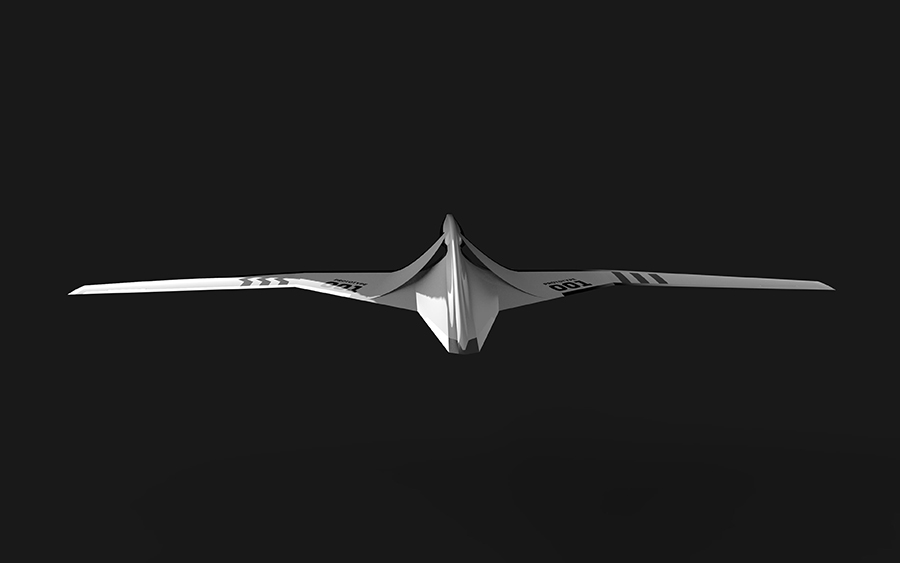April 29, 2024
Professor Habtour to work on underwater autonomous vehicles during naval research fellowship.

Conceptual design of a biomimetic amphibious drone, inspired by the gannet and developed by A&A’s Illimited Lab.
Underwater robotics is about to get a fascinating boost, thanks to the innovative research of A&A assistant professor Ed Habtour. Habtour has been selected for the prestigious 2024 Office of Naval Research (ONR) Summer Faculty Research Program (SFRP), a highly competitive fellowship that will allow him to conduct cutting-edge research at the Naval Undersea Warfare Center (NUWC) in Keyport, Washington State. NUWC has world-class R&D facilities and expertise in underwater robotics and small unmanned underwater vehicles (SUUVs).
During the ten-week fellowship, Habtour will collaborate with NUWC engineers Mark Paulus and Kevin Proulxto tackle a long-standing challenge in the field of SUUVs: overcoming their current maneuverability limitations. His research will focus on introducing distributive actuation, a concept inspired by marine biology. Habtour leads A&A’s illimited Lab which focuses on drawing from biology to engineer dynamic structures.

Ed Habtour, A&A assistant professor
"Traditional underwater vehicles often rely on rigid mechanical components and monotonic structures for propulsion and maneuvering," explains Habtour. "However, nature has provided us with a wealth of inspiration in the form of marine organisms that exhibit remarkable agility and maneuverability through distributed actuation systems."
By studying the dynamics and energy transmission mechanisms behind these nature-inspired distributive actuation systems, Habtour hopes to unlock new modes of actuation that could revolutionize the way SUUVs navigate and maneuver in the underwater environment.
The potential applications of this research are far-reaching, with implications not only for military and defense operations but also for scientific exploration, environmental monitoring, and even search and rescue missions. SUUVs with enhanced maneuverability could access areas previously inaccessible, enabling more comprehensive data collection and enabling more effective mission execution.
"I am incredibly honored and excited to be selected for this prestigious fellowship," says Habtour. "The opportunity to collaborate with the talented engineers at NUWC and contribute to the advancement of underwater vehicle technology with the potential to unlock new frontiers in underwater exploration and operations."
The Office of Naval Research Summer Faculty Research Program provides STEM faculty and students at U.S. colleges and universities with unique opportunities to broaden their research impact through hands-on exposure to US Navy research challenges through summer fellowships at Naval Research Centers.